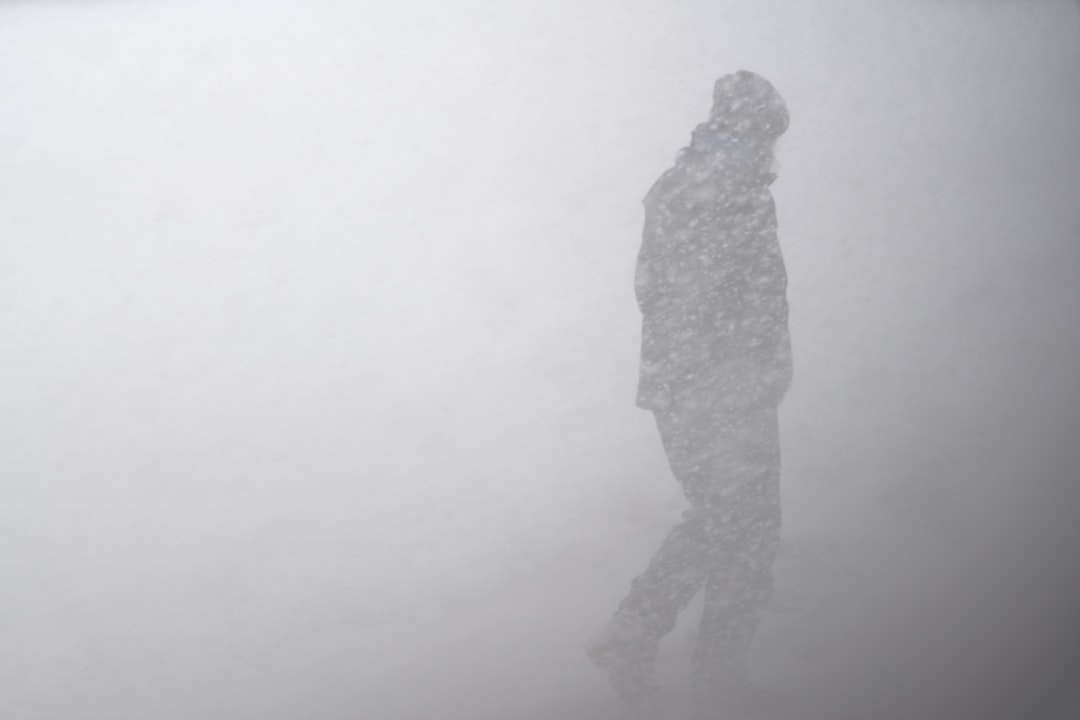If there’s small benefit to climate change, it might be periodic mild(er) winters, like the one Midwesterners are experiencing now. I’ll admit to enjoying 50+ degree days in February! Of course, the fatalist in me keeps thinking we’ll pay for this pleasure… as in lack of ground moisture, maybe a brutal March, premature budding, etc.
In a peculiar way, unseasonable weather often prompts “I remember” tales from winters past. (You know, back when winter was REAL winter.) Fortunately in my case, these are not life-threatening escapades, although I’m certainly familiar with numerous horrific weather sagas that happened within scant miles of our home.
In this spirit, I savored the following North Iowa story from 168 years ago, retold by the younger boy’s son. Edited here for brevity, it was published in “The Palimpsest”* just over a century ago and, in a slightly longer form, appeared in “The Register and Leader” (Des Moines), February, 1913.
The vast grassy prairies of northern Iowa which have since made it famous as an agricultural state, were at first shunned by the early settlers. No doubt the chief reasons for avoiding the prairies was the difficulty of obtaining fuel, and the absence of protection against the cold winds of winter. In the face of a blinding whirl of snow all familiar objects vanished. Especially real was the danger if night came on.
The winter of 1856-57 was the hardest Iowa settlers had ever seen. Reuben, my oldest brother, had hired out to Mr. Horace Green for a few months. Green lived over on Willow Creek some three miles from our place, about four miles northwest of Masonic Grove (now Mason City). Willow Creek is the outlet to Clear Lake and runs through Mason City.
Mr. Green kept a lot of cattle. His house was on the open prairie, without a tree or other windbreak for protection. It was late December and Mr. Green had gone to Dubuque for supplies, (leaving) Reuben to look after the stock. Reuben was eighteen or nineteen; I was twelve and went to help until Mr. Green came back.
Mrs. Green (suggested) we take the cattle across to Willow Creek to water them that day. We were nearly through watering (when) without warning, the storm burst upon us. A blast of wind swept down the bank behind which we were working. In a second, we were completely enveloped in the whirling snow that filled the air full.
Our first thought was to get the cattle back (but) they refused to go. It seemed like hours we toiled with those cattle until we were both tired completely out. It was no use. The cattle became so badly scattered and the intensity of the storm had increased so much that we were compelled to give up. The storm continued to increase in violence. Hours passed. This way and that we turned in the darkness, the sense of our exact whereabouts growing more vague, yet certain that intuition would soon point us to the door. We were lost. Long, long we blundered ahead.
I was tired out, cold, and sleepy. Only too well did my big brother recognize these symptoms. He urged me on, talked to me, dragged and pushed me along, anything to stay the progress of the cold, which was stiffening my very blood. Out of the wind a little I lay down in the snow. The snow quickly drifted over me. Reuben kept moving all night long, pacing back and forth in the snow. I can only recall that he constantly talked to me. So long as I would answer, he knew I was awake.
(In the morning) I was brought back to a drowsy consciousness being pulled out of the snow by Reuben. The last I recall was hearing him shout to someone. When I came to, I was in bed.
Yes, both boys survived, although the story notes somewhat vaguely, “… we found ourselves crippled for the rest of our days.” If there’s one simple takeaway, perhaps it’s the significant, sustained respect due Mother Nature.
We’ve probably all endured one or more crazy weather adventures in our lifetime. So, what’s yours? We’re just glad you lived to tell… and here’s hoping no new chapters will be added in 2024.
-------
* - The full article – https://doi.org/10.17077/0031-0360.23830
********************
I’m proud to be part of the Iowa Writers’ Collaborative. My colleagues:




Kurt, my great-great uncle also wrote a reminiscence of the winter of 1856-7 in Woodbury County. These stories are incredible tales of survival, both for the pioneers and their cattle herds.